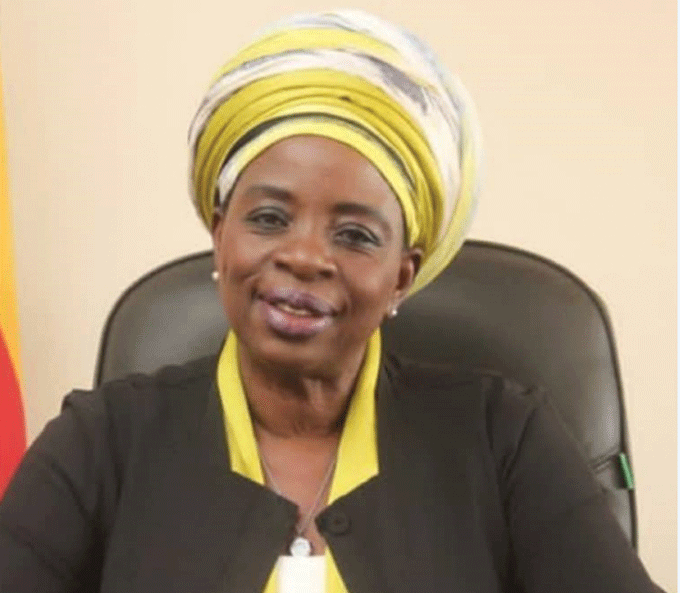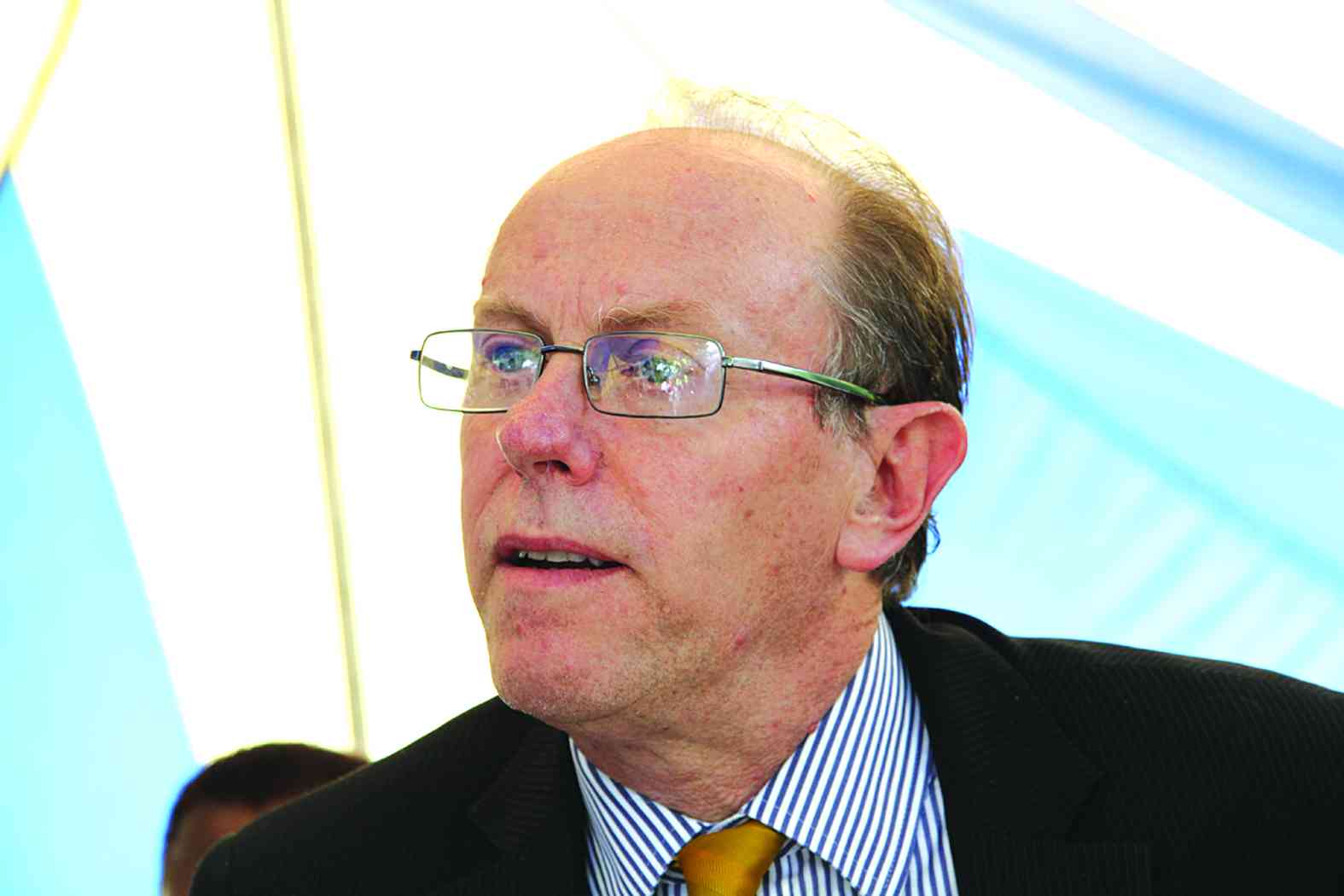
BY FREEMAN MAKOPA GOVERNMENT says it aims to reduce or completely stop the export of raw products to shore up local value-addition.
In an interview with NewsDay Business, Industry and Commerce minister Sekai Nzenza said government was creating an environment for investors to find value and gain from their investments.
“ZITF (Zimbabwe International Trade Fair) showcased that as Zimbabweans and as Africans we can process or manufacture using our own natural resources and not export raw products to Western countries where they profit from our products,” she said.
“We will use innovation and technology to process and add value here, create jobs and export to generate foreign currency. We will also look to investors to come in as part of the President’s re-engagement and open for a business drive. The investor comes here with the equipment and expertise, and we create the environment for the investor to find value in Zimbabwe and gain a return on his investment. It’s a win-win.”
Nzenza said her ministry was now rethinking and re-imagining ways of reducing unfair trade, manufacture locally and promote consumers’ right to access fair-priced local goods.
Over the years, many African countries, Zimbabwe included, have been exporting unprocessed raw materials to Western countries that would reap profits from the products.
Government is pushing to promote value chains and increase local production by utilising local raw materials.
“The Ministry of Industry and Commerce’s mandate is to move up the value chains and increase local production utilising the raw materials we already have nationally. One of my key priorities is to increase the local production of fertilizer and ensure food security.”
- Chamisa under fire over US$120K donation
- Mavhunga puts DeMbare into Chibuku quarterfinals
- Pension funds bet on Cabora Bassa oilfields
- Councils defy govt fire tender directive
Keep Reading
“The ministry has always taken a strategic approach to fertilizer production. Even before the Ukrainian crisis, as a ministry, we pushed the five-year fertilizer import substitution strategy to ensure that Zimbabwe becomes self-sustainable in fertilizer production. This is why government and companies like Zimphos and Sables are working on increasing their capacity and efficiency in fertilizer production,” she added.
President Emmerson Mnangagwa has also challenged industrialists to enhance value-addition and diversify exports to help end Africa’s reliance on exporting raw materials much to the detriment of the continent’s growth prospects.
Speaking at the recent Zimbabwe-Rwanda trade and investment conference in Harare, Mnangagwa said: “In this regard, I call upon our industrialists to enhance value addition and diversify our export mix through competitive and efficient value chains. In doing so, Africa will put to an end the perennial and unfortunate challenge of exporting primarily raw commodities from its sectors of the economy. At the continental level, intra-African trade and investment saw trade volumes growing in 2020, to US$120 billion, which is a clear reflection of the vast trade and investment opportunities within the continent.”
- Follow us on Twitter@NewsDayZimbabwe










